Posted on 12/10/2024
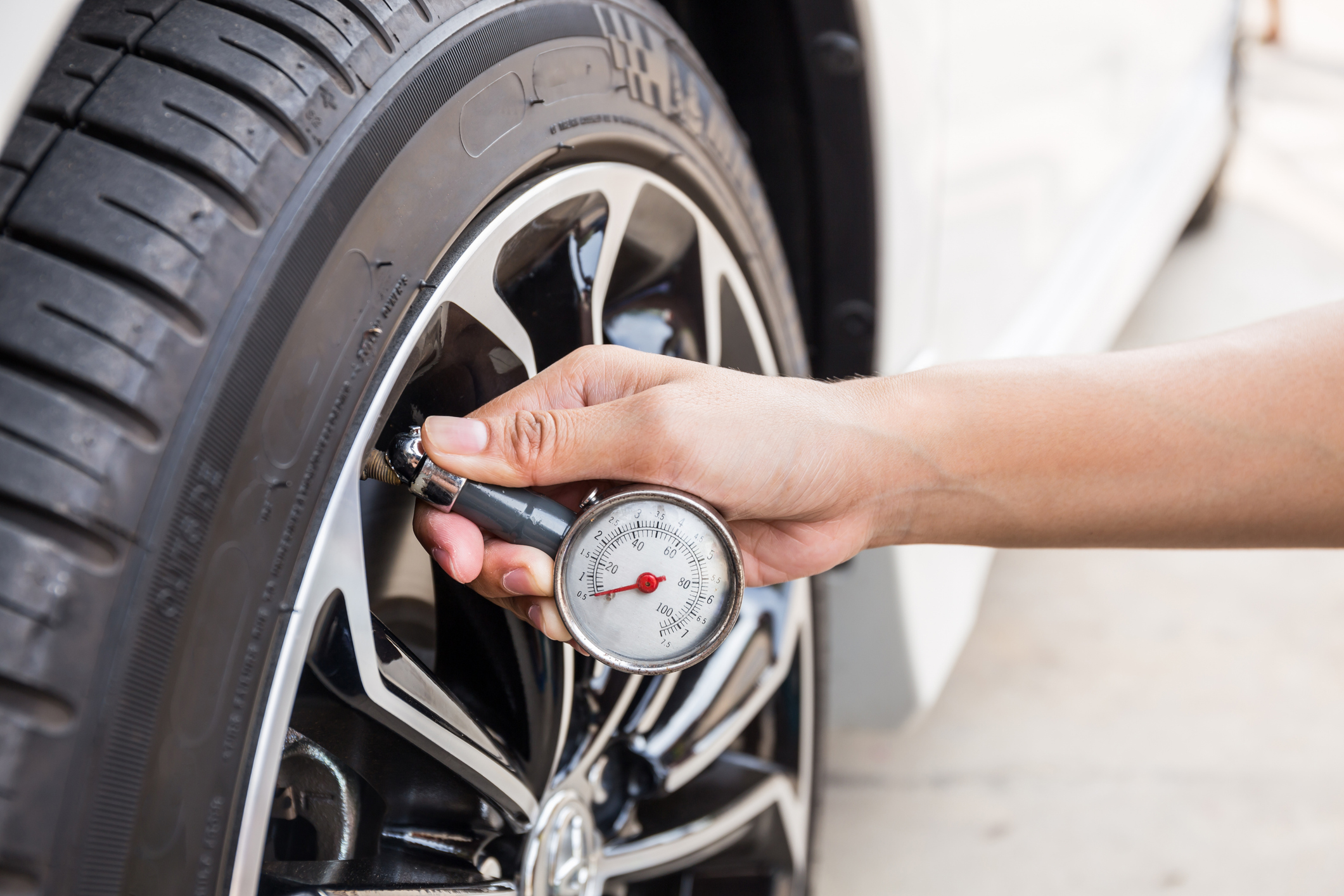
Tires are one of the most critical components of your vehicle, yet they’re often overlooked until there’s a problem. Proper tire maintenance not only keeps you safe but also saves you money in the long run. At RPM Automotive Services, we understand how important your tires are to your car’s performance and your peace of mind. Let’s dive into everything you need to know about rotating, balancing, and replacing your tires. Why Tire Maintenance Should Be a Priority Your tires are the only part of your car that touches the road, meaning they’re responsible for handling, traction, and overall safety. Without proper maintenance, tires can wear unevenly, cause poor fuel efficiency, and even lead to dangerous blowouts. Taking care of your tires helps you: Maintain better control of your vehicle Extend the lifespan of your tires Improve fuel economy Drive with confidence, knowing your car is safe Rotating Your Tires: Why and When It Ma ... read more
Posted on 11/15/2024

With gas prices always fluctuating, getting the most miles per gallon (MPG) is more important than ever. At RPM Automotive Services, we’re committed to helping drivers make the most of every tank with easy, effective maintenance tips. Regular maintenance can significantly improve your car’s fuel efficiency, saving you money and reducing environmental impact. Let’s dive into some fuel-saving hacks that can help you get the best performance out of your vehicle. 1. Keep Your Tires Properly Inflated Check tire pressure regularly: Aim to check your tire pressure at least once a month. Tire pressure can fluctuate with changes in temperature, so it’s good practice to keep an eye on it. Follow the recommended pressure: You’ll find the recommended PSI (pounds per square inch) for your tires in your owner’s manual or on a label inside your driver’s door. Using the recommended PSI can improve fuel efficiency by up to 3%. Consider nitrogen inflation ... read more
Posted on 10/11/2024

We’ve all been there—you’re driving along when suddenly, the check engine light flickers on. It’s easy to panic or, worse, to ignore it. But what does it mean? More importantly, why is it so essential not to ignore this warning? At RPM Automotive Services, we want to help you understand the importance of this little light and what it’s telling you about your vehicle’s health. Common Reasons Your Check Engine Light Turns On The check engine light is designed to signal a range of potential issues, from simple to severe. Let’s explore some of the most common reasons this warning appears: 1. Loose or Faulty Gas Cap One of the simplest culprits behind a check engine light is a loose or damaged gas cap. If it isn’t secured properly, it can cause fuel vapors to escape, leading to inefficiencies in your fuel system. The good news? This is an easy fix—just make sure the cap is tightened. 2. Oxygen Sensor Malfunction The oxygen sensor ... read more
Posted on 9/27/2024
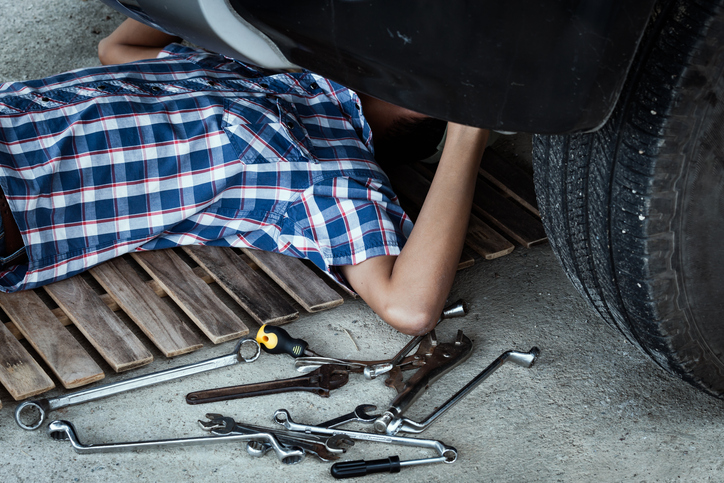
As a car owner, you likely understand the importance of regular maintenance to keep your vehicle running smoothly. While some car care tasks are simple enough to handle on your own, others require the expertise of a professional. In this guide, we'll walk you through what you can comfortably do at home and when it's best to bring your car to RPM Automotive Services. Routine Maintenance You Can Handle at Home Some DIY car maintenance tasks are not only easy but also save you time and money. Here are a few that you can manage yourself with just a bit of knowledge and the right tools. Checking Tire Pressure Maintaining the correct tire pressure is one of the simplest yet most important tasks you can do at home. Under-inflated or over-inflated tires can affect your car’s fuel efficiency and safety. Symptoms to look for: Uneven tire wear Increased road noise Poor handling or steering response Reduced fuel efficiency Replacing Windshield Wipers Worn-out wiper blades ... read more
Posted on 7/29/2024
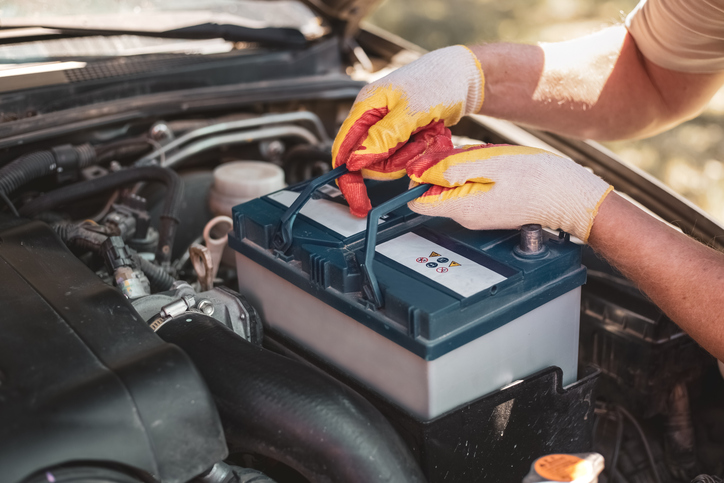
At RPM Automotive Services, we understand that keeping your car running smoothly is essential for your daily life. One critical component of your vehicle that often gets overlooked is the car battery. Without a functioning battery, your car won’t start, leaving you stranded and frustrated. That’s why we’re here to provide you with practical tips to extend the life of your car battery. Whether you're a seasoned driver or someone not overly familiar with car care, this guide is for you. Understanding Your Car Battery Before we dive into the tips, it’s important to understand the basics of how your car battery works. Your car battery is responsible for providing the electrical power needed to start your engine and operate electrical components like lights, radio, and power windows. Over time, batteries naturally lose their ability to hold a charge, but with proper care, you can significantly extend their lifespan. Tips to Extend Your Car Battery Life Regula ... read more
Posted on 5/20/2024

As an automotive expert based in Rohnert Park, California, I understand the importance of owning a car that doesn’t break the bank with constant maintenance. In this guide, I’ll highlight a few of the cars that require the least maintenance Toyota Prius: Renowned for its fuel efficiency and reliability, the Toyota Prius tops the list of low-maintenance cars. With its hybrid engine, the Prius requires fewer visits to the mechanic thanks to its simple drivetrain and proven longevity. Honda Civic: A perennial favorite among compact car enthusiasts, the Honda Civic boasts excellent fuel economy, sturdy construction, and minimal maintenance requirements. Its reputation for durability makes it a wise choice for budget-conscious drivers. Subaru Outback: If you’re in need of a versatile vehicle that can handle rough terrain and inclement weather, look no further than the Subaru Outback. With its standard all-wheel drive and robust engineering, the Outback is built to last ... read more
Posted on 4/3/2024
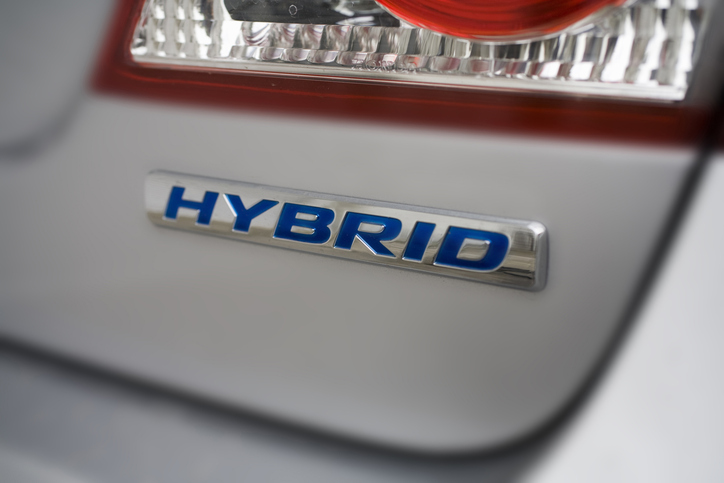
Hybrids come with a lot of benefits compared to traditional gas-powered vehicles: better fuel economy, fewer emissions, and an overall higher resale value. Another benefit is that since they have fewer moving parts, they don’t need as much maintenance - but it’s still very important to have your hybrid serviced regularly. Whether you’re thinking about buying a hybrid or already own one, here are some of the most important maintenance tasks to have performed regularly. Brake Maintenance Just like a gas-powered vehicle, hybrids need regular brake maintenance - however, cars that are equipped with regenerative braking systems typically have longer service intervals. Regenerative braking works by converting the energy from slowing down or stopping your car into energy that recharges the battery. When you brake, the system splits the braking force between energy regeneration and the brakes, which means the brake pads or shoes often last longer compared to gas-powered ca ... read more
Posted on 3/18/2024
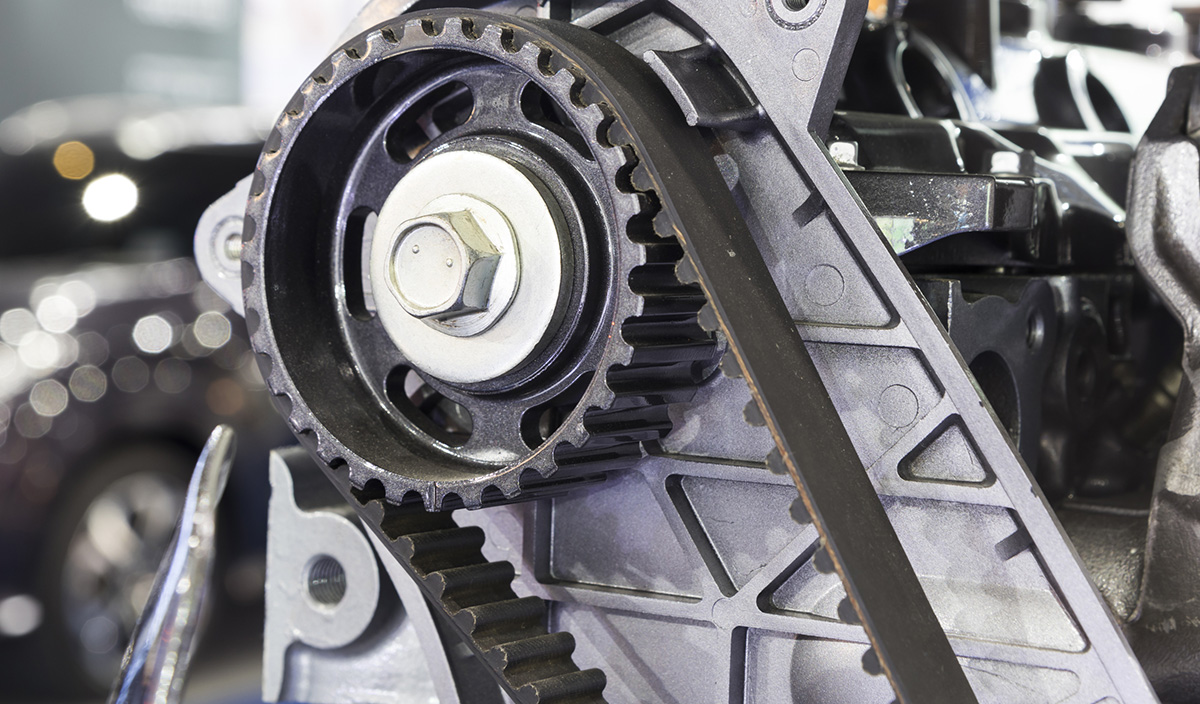
Today, we're focusing on a crucial part of your vehicle's engine: the timing belt. Often overshadowed by more visible components, the timing belt plays a vital role in your car's performance and longevity. Let's explore what it does, answer some common questions drivers have, and discuss signs that indicate it's time for a replacement. What is a Timing Belt? The timing belt is an internal engine component designed to synchronize the crankshaft and camshaft rotation. This synchronization ensures that your vehicle's valves open and close at precisely the right time during each cylinder's intake and exhaust strokes. In some engines, the timing belt also drives the water pump, an essential part of your car's cooling system. Unlike the serpentine belt, which powers various accessories like the air conditioning compressor and alternator, the timing belt focuses on the engine's timing and efficiency. Timing Belt Questions & A ... read more
Posted on 2/20/2024
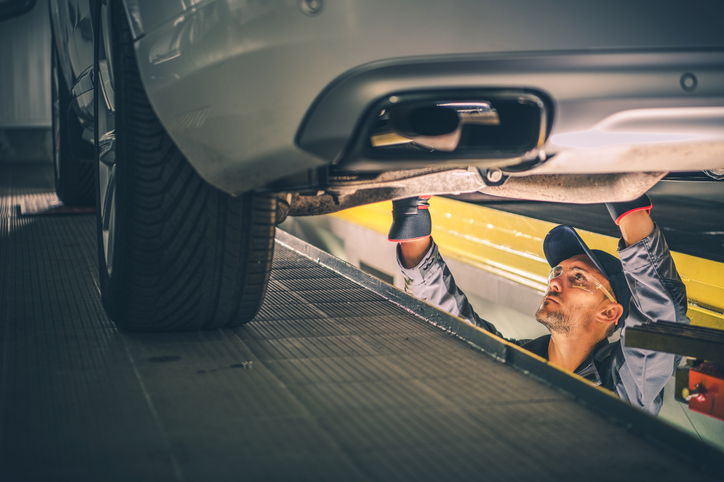
Your vehicle's transmission is a critical component that plays a vital role in keeping your car moving. Regardless of whether you have a manual or an automatic, it’s truly one of the hardest-working systems in your vehicle. However, the importance of regular transmission service often gets overlooked by many drivers—which can lead to expensive repairs. Fortunately, with regular servicing, you can keep your transmission in excellent shape and save money on repair costs over the lifetime of your vehicle. Read on to learn more about the role of your transmission, why servicing is necessary, and some of the tale-tell signs that your transmission needs a little TLC. What Does the Transmission Do? Transmissions perform several vital functions that are essential for how your vehicle operates. Their primary role is to transfer power from the engine to the wheels so that your car can move forward or backward. In automatic transmissions, this process is manage ... read more
Posted on 2/8/2024
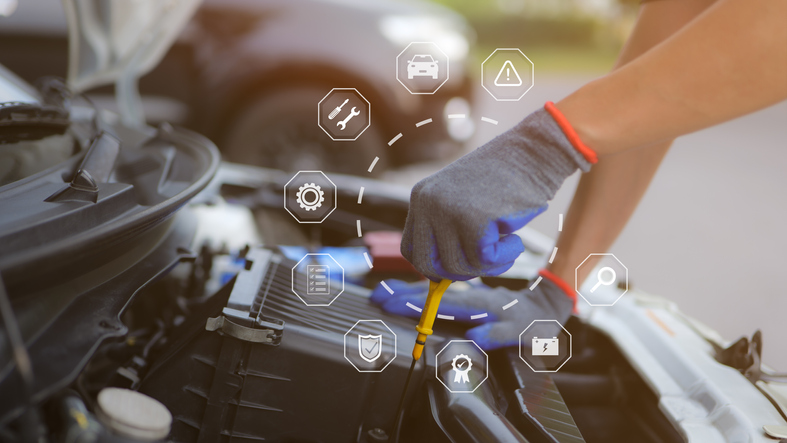
When it comes to maintaining your vehicle, there are two main types of maintenance intervals you’ll need to pay attention to: preventive maintenance and factory scheduled maintenance. Although both are essential for keeping your car in top condition, they have different purposes and approaches to service intervals. In this blog post, we’ll go over the difference between these two types of maintenance, what factory scheduled maintenance typically includes, and address a long-standing misconception about where you need to have your factory scheduled maintenance performed. Preventive Maintenance & Factory Scheduled Maintenance: What’s the Difference? Preventive maintenance involves routine maintenance tasks that are performed at more frequent intervals, such as oil changes and part inspections. Although it’s always best to follow the manufacturer’s recommended intervals, how often you’ll need these services performed often depends on your driving ... read more